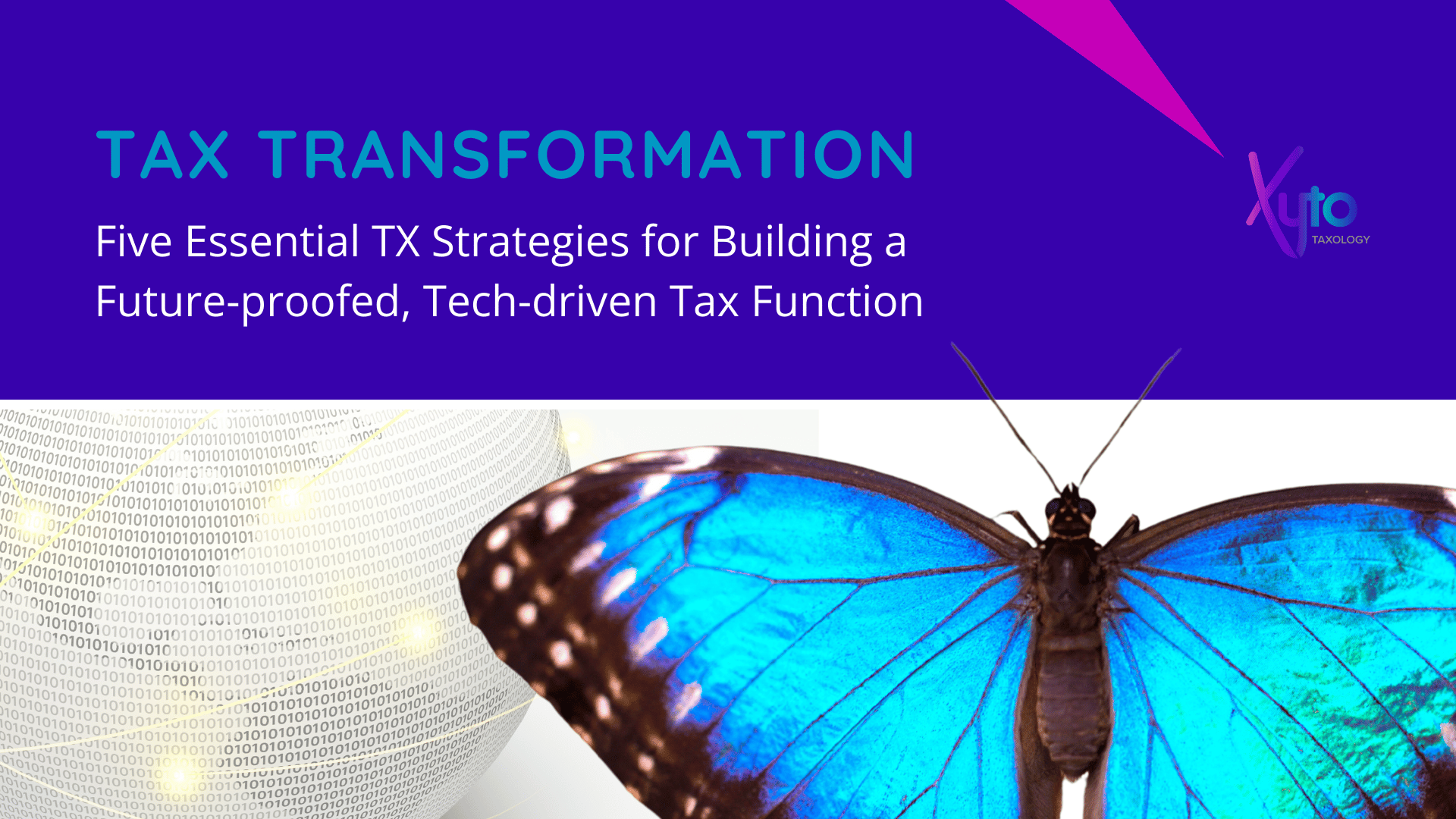My information systems studies at the start of my career taught me that technology project outcomes are largely determined before they start. The key factor is mindset and understanding at the outset (that is, the project charter stage or Phase 0). This remains true today.
Despite this, excellent projects are still rare. In fact, a recent conversation with a long-time colleague suggested that enterprise projects are tougher than ever.
Tax, as a newcomer to this challenge, has two choices: learn from predecessors and leapfrog ahead, or start from scratch and learn the hard way. Readers of these articles know we believe tax transformation (TX) is the key to the former.
But how can these lessons be learned and applied practically in today’s organizations?
We have packaged our learnings into five TX laws. Each law bridges the gap with a core truth or distinction. Every law is underpinned by a foundational principle, followed by a strategy that adheres to its dictates. Here they are in plain English:
TX Law #1: The value proposition for tax lies in transformation, not technology
Principle: People first; if people lack the right thought processes, technology won’t work as it should.
Strategy: Prioritize education, learning journeys, new ways of working, on-the-job upskilling, and knowledge management.
TX Law #2: Data outranks automation
Principle: Data is the currency of modern tax; primary objectives are to ‘get tax data right the first time at source‘ and enhance data literacy in tax.
Strategy: Focus automation efforts on supporting a ‘single source of truth‘ data model before mechanizing downstream processes.
TX Law #3: Tax must own the tax solution in the systems
Principle: Only the tax team can own tax, including how it’s represented and operated in ERP and other digital platforms.
Strategy: Recalibrate tax team capabilities to own tax solution designs, participate in technology projects, and manage tax components within corporate-wide, cross-functional processes and production systems.
TX Law #4: Transformation is a journey, not a project
Principle: ‘Show them, don’t tell them‘; people must experience digitalized tax firsthand over time to change on their own.
Strategy: Begin early, start small, build a track record of success, continuously socialize, and enroll others in shared progress and learnings.
TX Law #5: Leadership & soft skills realize transformed value from specialist tax & IT skills
Principle: Transformation is 80% soft skills, and 20% tax knowledge and technology; enlightened, resolute leadership is crucial for success.
Strategy: Establish a platform for tech-driven activity and innovation in tax based on strong problem-solving skills and expert guidance.
By following these laws, you can steer projects away from trouble and towards better outcomes even before they start.


No comment yet, add your voice below!